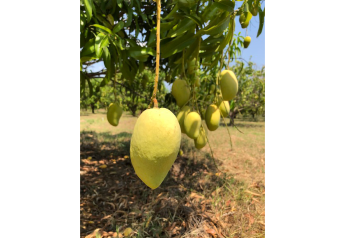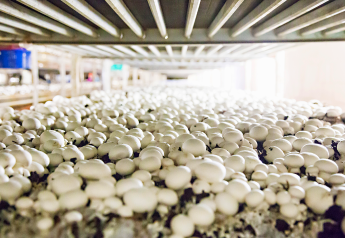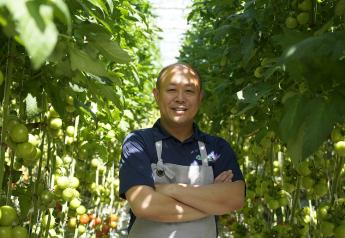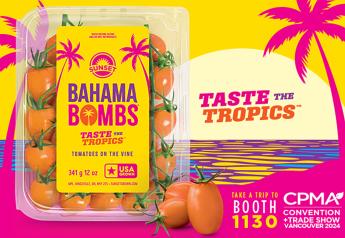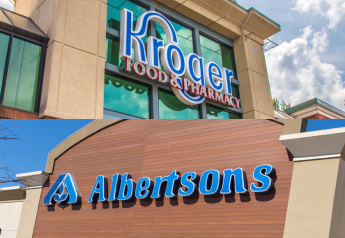Modern farming — Coronavirus outbreak spurs high-tech greenhouse boom in China
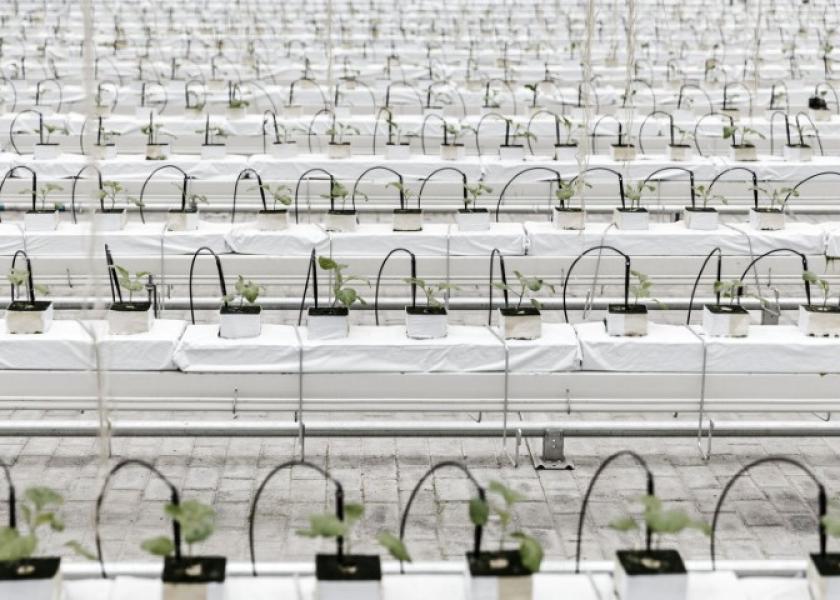
REUTERS: When China first started imposing lockdowns on major cities to curb the spread of COVID-19, supply chains for food produce were disrupted, leading to shortages, crop spoilage and food security concerns in the world's most populous country.
To guard against future disruptions, policy makers called for local authorities to build up reserves of critical staples and partner with food distributors and developers to build a network of greenhouses that can produce steady flows of popular vegetables right next to major population centers.
At Chongming Island just outside Shanghai, China's most populous city, workers harvested and packed fresh produce at one such greenhouse operated by Dutch company FoodVentures. The company harvested their first batch of produce at the site in May.
"We want to get rid of transportations and we want to get rid of the long logistics because we are not sure if it always works and that's what we've seen during this pandemic. So localising it as much as possible is the only answer," explained FoodVentures Director Dirk Aleven.
The facility is one of dozens sprouting up on the outskirts of China's megacities that utilise high-end technology to manage irrigation, temperature and lighting systems to grow vegetables within easy reach of a large and affluent consumer base.
The pandemic also sparked worries over the safety of wholesale markets, as the coronavirus was initially detected at Huanan Seafood Wholesale Market in Wuhan, ground zero of China's outbreak. Capital city Beijing also saw infections from a major fruit, vegetable and meat wholesale market.
Food safety is a reason cited by many young Chinese consumers who prefer produce grown and packed in controlled environments, albeit sold at a steeper price, usually directly to e-commerce platforms and supermarkets.
"Though its price is higher, if you have high demands for your life, you can still choose it. After all, many vegetables are tainted by contamination now," said 21-year-old Shanghai resident, Song Xiaoyu.
(Production: Xihao Jiang)


